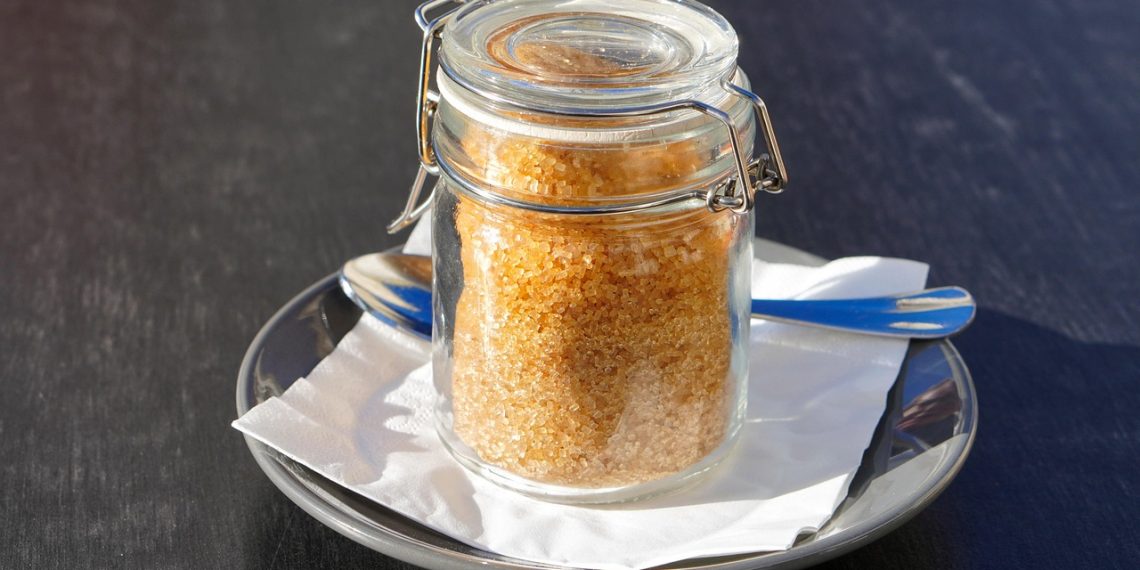Lowering blood sugar without meds might sound daunting, but it’s not only possible—it’s empowering. Your body has incredible potential, and with the right strategies, you can harness it to maintain healthy blood sugar levels naturally. This isn’t just about numbers; it’s about your vitality, your energy, and your life. Let’s dive into seven natural methods that can transform how you feel every day.
Contents
Understanding Blood Sugar and Its Importance
Blood sugar, or glucose, is your body’s primary energy source. When your levels are balanced, you feel alert and energized. But when they spike or drop, it can lead to fatigue, irritability, and long-term health issues, including diabetes. Understanding how to manage your blood sugar naturally matters because it gives you control over your health.
1. Embrace a Balanced Diet
What you eat directly affects your blood sugar levels. Focus on whole foods rich in fiber, protein, and healthy fats. Here’s what to include:
- Leafy greens: Spinach, kale, and Swiss chard are low in carbs and high in nutrients.
- Lean proteins: Chicken, turkey, fish, and legumes help stabilize blood sugar.
- Healthy fats: Avocados, nuts, and olive oil keep you satisfied and support overall health.
Avoid Processed Foods
Processed foods often contain refined sugars and unhealthy fats that can send your blood sugar soaring. Instead, opt for meals that include whole ingredients. Your body will thank you.
2. Stay Hydrated
Did you know that hydration plays a crucial role in blood sugar control? When you’re dehydrated, your blood sugar levels can become more concentrated.
Drink Water Regularly
Aim for at least 8 glasses of water a day. If plain water feels boring, try adding slices of lemon or cucumber for a refreshing twist. Herbal teas are also a fantastic option.
3. Get Moving
Physical activity is a powerful way to lower blood sugar naturally. It helps your muscles use glucose more effectively. Whether you prefer a brisk walk, yoga, or dancing in your living room, just get moving!
Aim for Consistency
Strive for at least 150 minutes of moderate exercise each week. Break it down into manageable chunks—30 minutes a day, five days a week. It’s not just about lowering blood sugar; it’s about embracing a more active lifestyle.
4. Manage Stress Levels
Stress can wreak havoc on your blood sugar. When you’re stressed, your body releases hormones like cortisol, which can increase blood sugar levels.
Find Your Calm
Incorporate stress-reducing activities into your daily routine:
- Meditation: Just a few minutes daily can make a significant difference.
- Deep breathing: Practice deep breathing exercises to center yourself.
- Nature walks: Spend time outdoors to clear your mind.
5. Prioritize Sleep
Your body repairs itself when you sleep, and lack of sleep can lead to insulin resistance. Aim for 7-9 hours of quality sleep per night.
Create a Sleep-Friendly Environment
- Limit screen time: Reduce exposure to screens at least an hour before bed.
- Keep your room cool: A comfortable temperature can improve sleep quality.
- Establish a routine: Go to bed and wake up at the same time each day.
6. Incorporate Cinnamon
Cinnamon isn’t just a delicious spice; it can help lower blood sugar levels. Studies suggest that cinnamon may improve insulin sensitivity and reduce fasting blood sugar levels.
How to Use Cinnamon
- Stir a teaspoon into your morning oatmeal or yogurt.
- Add it to smoothies for a warm, comforting flavor.
7. Monitor Your Blood Sugar
Keeping track of your blood sugar levels helps you understand how your body responds to different foods and activities.
Use a Glucose Monitor
Consider investing in a glucose monitor to track your levels at different times. This data is invaluable in managing your health.
Bottom Line
Lowering blood sugar without meds is not only achievable—it’s empowering. By embracing a balanced diet, staying hydrated, moving your body, managing stress, prioritizing sleep, incorporating cinnamon, and monitoring your levels, you can take control of your health.
Call to Action
Don’t wait to start this journey. Your health is your most valuable asset. Choose one or two of these strategies and incorporate them into your life today. You’ll feel the difference, and your body will thank you.
Frequently Asked Questions
What is considered a normal blood sugar level?
Normal fasting blood sugar levels are typically between 70 and 99 mg/dL.
Can I still eat carbs?
Yes! Focus on complex carbs like whole grains and fibrous vegetables, and monitor your portion sizes.
How long will it take to see results?
Many people notice improvements within a few weeks, but consistency is key.
For more information on managing blood sugar naturally, check out resources from the American Diabetes Association and Centers for Disease Control and Prevention.
Enjoy the journey to better health!
Get Your FREE Natural Health Guide!
Subscribe now and receive our exclusive ebook packed with natural health tips, practical wellness advice, and easy lifestyle changes — delivered straight to your inbox.















